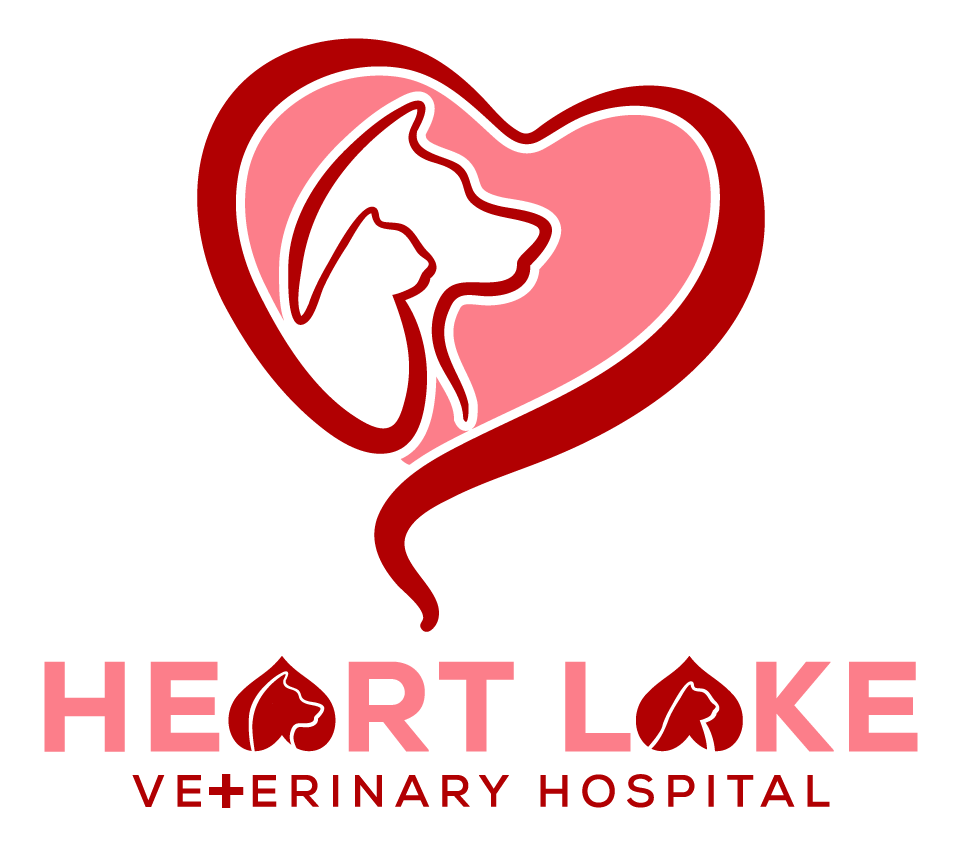Frequently Asked Questions
We proudly serve the pets of Brampton, Ontario and beyond.
At Heart Lake Veterinary Hospital, we get a ton of interesting questions from pet parents. There is no question too big or too small for our veterinary team. Below are some answers to our most common questions. Please feel free to call us at (905) 840-9961 with any other questions or concerns you might have about your pet.
What are the Veterinary hospital hours?
Opening Hours
Monday – Friday: 8:30 am – 5:30 pm
Closed For Lunch: 12:00 pm – 1:00 pm
Saturday – Sunday: Closed
What forms of payment do you accept?
We accept cash, debit/Interac, Visa, Mastercard, and American Express.
Do you offer payment plans?
We accept cash, debit/Interac, and all major credit cards. Payment is due when services are rendered.
What kind of pets do you treat?
Do I need to make an appointment?
Yes, our veterinarians see patients by appointment only. If you feel your pet needs veterinary care, please give us a call or schedule an appointment through our website so we can assist you and your pet.
Do you offer boarding, grooming, or daycare?
Do I have to vaccinate my pet?
Yes and no. Canada requires that your cat or dog is vaccinated for Rabies, as this is a matter of public safety. If your pet were to bite someone or another animal, they are required to quarantine, and the type of quarantine is based on their vaccination status. Fines from the Region may also be incurred if your pet is not properly vaccinated for Rabies. Other vaccines are considered either core or elective. We also offer vaccine titers if you prefer minimal vaccinations throughout your pet’s life.
Is it REALLY necessary to give my cat or dog flea, tick, and heartworm prevention year-round?
My pet had the same problem a month ago. Can't I just get the same medication?
It depends on the problem, but most likely, we will require your pet to be seen by a veterinarian again, even if they were diagnosed and treated for the same medical condition recently. Some medical conditions look similar, and by assuming it is the same condition, we may not be treating your pet appropriately. Certain medications may also result in resistance, which can cause a lack of response or, worse, a more severe problem if given too frequently or inappropriately. An examination and consultation with one of our veterinarians to ensure proper diagnosis is best to keep your pet happy and healthy for years to come.
What does an AAHA-accredited clinic mean, and why does this matter?
Veterinary practices and hospitals that are AAHA-accredited have voluntarily agreed to adhere to the highest standards of excellence in the profession. AAHA standards are developed by experts in the field and are updated regularly to help vets and their teams stay on top of the latest medicine and manage their practices well.
If your vet is an AAHA-accredited member, you’ll probably see signs, flags, plaques, and brochures with the red-and-white AAHA logo. AAHA members are proud to have earned the distinction. Even more important, though, you’ll see that your pet receives the very best care!
